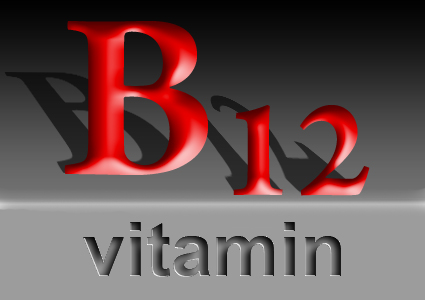Getting Enough Vitamin B12
Harvard University’s Frederick Stare, PhD, who died in 2002 but was arguably the world’s foremost B12 authority, said there’s only one source of B12 – the beneficial microorganisms that synthesize B12 themselves. These grow on plants; in animals; and in our own intestines and nasal cavities, and even between our gums and teeth. Vegetarians and nonvegetarians alike need to find reliable external sources of human-active vitamin B12 to supplement internal production. Nonhuman-active “analog” forms of B12 are plentiful in nature; they are found in some foods (e.g., spirulina) but cannot be absorbed by humans. The actual amount of B12 we need to consume daily is minuscule, measured in micrograms, which is one-millionth of a gram. The average daily requirement is between only 0.01 and 0.03 micrograms. There are people who constitutionally need higher daily doses, especially those who live unhealthy lifestyles or are taking drugs, whether pharmaceutical or recreational. For these people – and any vegetarians and vegans who want “nutritional insurance”, B12 supplements are readily available in most health food stores; licensed health professionals also administer B12 shots.

Although it is a common misconception that vegetarians and vegans have a higher incidence of vitaminB12 deficiency than the general population, it has never in fact been shown to be the case.
Of the few cases in which B12 deficiency was found in a vegetarian/vegan, other health factors were always present that were thought to be responsible for pulling down B12 levels. The underlying problem in these cases is usually not with B12 supply, but rather with the inability to utilize what is consumed or the lack of internal production by beneficial bacteria, which occurs when antibiotics are overused. This does not mean vegetarians and vegans can be cavalier about B12 intake, because the quality of the food supply is not what it used to be.
In a more natural, simpler world, eating fresh garden produce would make the B12 deficiency problem a nonissue, as more than 70 percent of soil microorganisms produce active B12. Nowadays, however, conventional produced, and even organic produce, is often overly washed, and most of the B12-producing beneficial bacteria are washed away as well. Beating an animal product carries no guarantee of getting any B12 either, and with the health risks associated with meat eating, it’s a bad idea at best.
A simple solution to the B12 issue is to eat foods that have been enriched with B12 by the manufacturers. Nutritional yeast, certain breads, and soy milk are examples of B12-enriched foods. Taking a B12 supplement is an option, of course. Sometimes B12 is included in multivitamins formulations, but it is believed that assimilation is greatly improved if a “stand-alone” B12 formula is used, either sublingually (dissolved under the tongue) or as a nasal spray.

